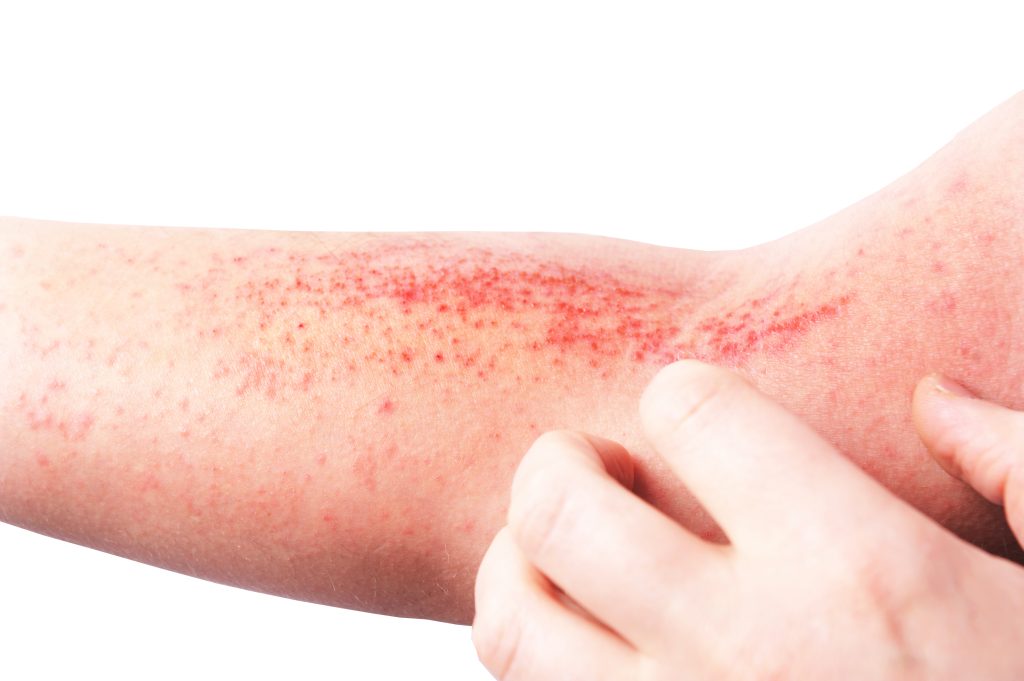Temtokibart, LEO Pharma’s investigational interleukin 22 receptor alpha 1 (IL-22RA1) inhibitor, induces molecular responses related to atopic dermatitis (AD) as early as Week 1, finds a Phase 2a Mechanism of Action (MoA) trial presented at the European Academy of Dermatology & Venereology (EADV) 2024 meeting in Amsterdam.
The study assessed the mechanistic impact of investigational temtokibart and dupilumab in patients with moderate-to-severe atopic dermatitis (AD). Temtokibart is a monoclonal antibody that blocks the IL-22RA1 receptor subunit thereby inhibiting the effect of the interleukin-22 (IL-22) cytokine, and also partially inhibits IL-20 and IL-24 signaling. The study showed that temtokibart 450mg once every 2 weeks dosing (Q2W, n=8) significantly improved skin hydration faster and to a greater extent than dupilumab 300mg Q2W (n=4).
Temtokibart significantly improved natural moisturizing factors—2-pyrrolidone-5-carboxylic acid (PCA) and urocanic acid (UCA) —by Week 1 from baseline. Subsequent improvement in barrier function markers including terminal differentiation markers and cell adhesion molecules were also shown with temtokibart treatment.
In line with its respective MoA, dupilumab showed a strong and consistent decrease in Type 2-associated inflammatory markers particularly in immune cells and fibroblasts. Clinical improvements in eczema area and severity index (EASI) and itch numerical rating scale (NRS) from baseline to Week 16 were comparable for temtokibart and dupilumab. These data suggest that IL-22RA1 blockade does not directly affect skin immune cells but can rapidly help improve barrier abnormalities, identifying a potential new MoA for patients with moderate-to-severe AD.
“The results of this trial provide new insights into the pathophysiology of AD and give us a unique understanding of the mode of action of temtokibart,” says Dr Christine Bangert, MD, Head of the Allergology Task Force of the Austrian Society of Dermatology and Venereology, Head of the Atopic Eczema Outpatient Clinic of the Medical University of Vienna, and the Principal Investigator for the Phase 2a MoA trial, in a news release.“These data suggest that the IL-22 pathway is central to atopic dermatitis pathogenesis, demonstrating that Type 2 inflammation is not the only relevant driver of the disease.”
A Phase 2b dose finding trial is currently ongoing to evaluate the efficacy and safety of different doses of temtokibart in adult patients with moderate-to-severe AD. The Phase 2b trial has finalized recruitment, and results are expected in Q1 2025. LEO Pharma is also exploring indications outside dermatology for temtokibart in diseases where the IL-22 pathway is known to play a key role.


